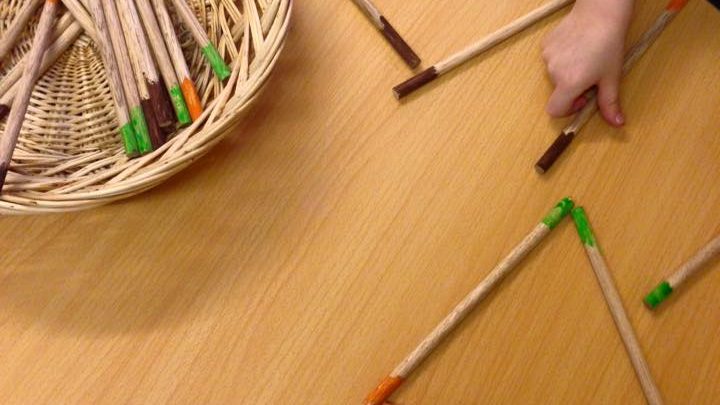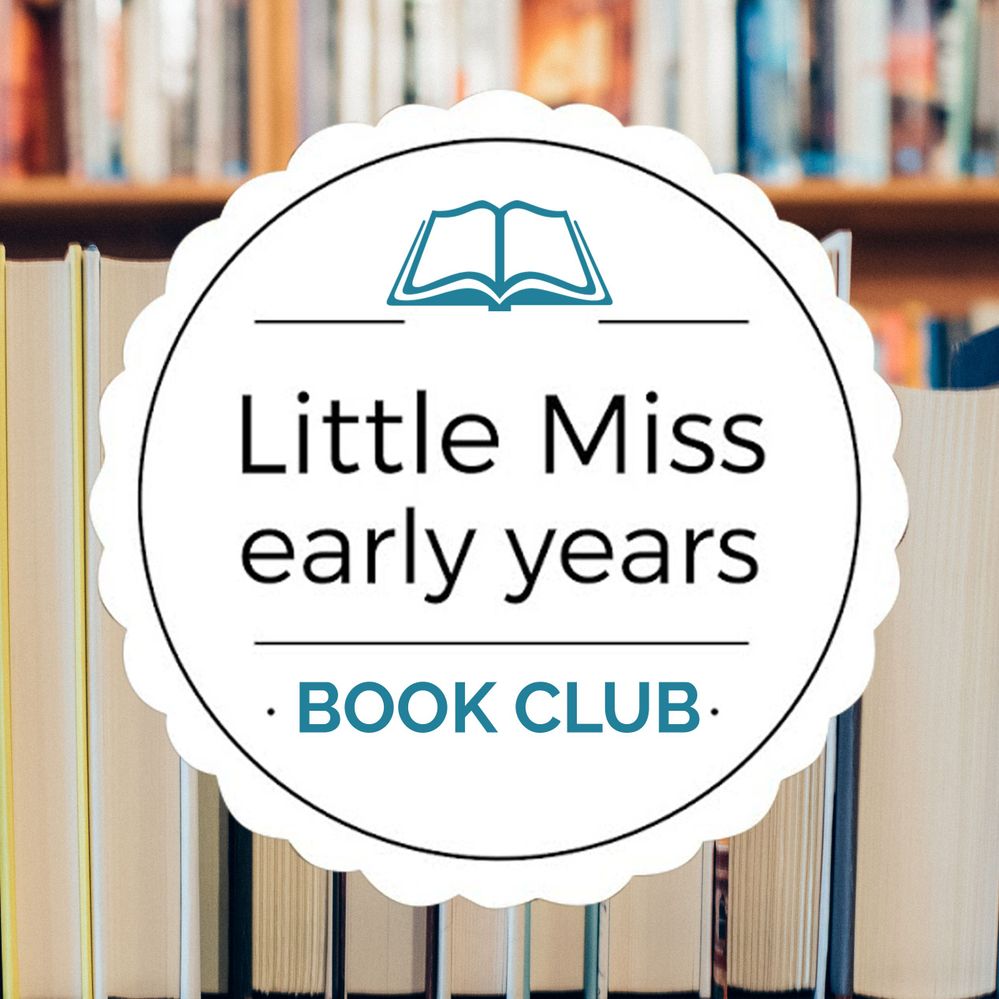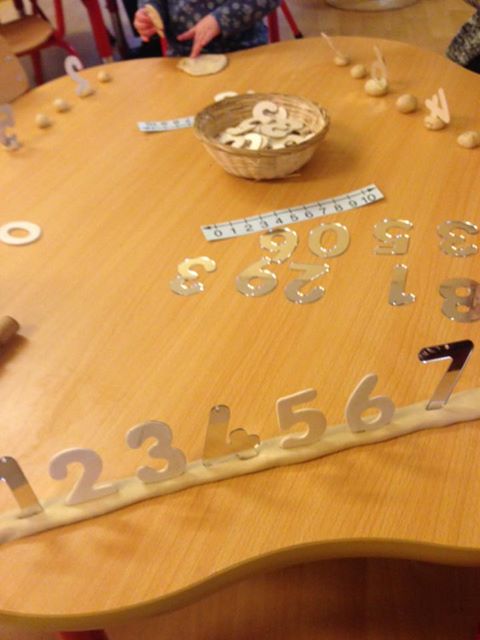3 Excellent Activities For Early Years That Won’t Break The Bank

Laura England breaks out the matching sticks, extols the flexibility of playdough and introduces her brand new book club

Laura England, preschool leader at Blythe Bridge Day Nursery, offers a small selection of quick-and-easy activities to try in your setting:
1. Matching sticks
A really popular addition to my resources are these do-it-yourself matching sticks. I purchased the sticks in a bundle from a local scrapstore, but I have been informed that you can also buy them on a roll from many garden centres. Simply paint the ends of each stick in a different colour and you have a resource with endless opportunities for mathematical thinking and problem-solving.
My cohort have been using these sticks in many different ways: they have been sorting, matching, creating shapes, and making patterns and pathways – as well as using them as wands, and wrapping them in lengths of fabric or wool and using them to make marks in playdough and clay. I am sure the children will find no end of other new uses for them too! In the meantime I am creating new colour combinations and lengths to extend the resource further.
2. Read all about it!
Research shows that those with poor literacy skills do worse in education, which makes our role within the early years even more important when it comes to reading and storytelling. Through stories children can visit countries and meet people they wouldn’t in their everyday lives; they can learn to handle real-life situations and extend their imagination. Storytelling is also a great way to develop listening skills, improve concentration and learn about sequencing, which is why I’ve created Little Miss Early Years Book Club.

Little Miss Early Years Book Club is an online early years book club that will explore a new title each month. There will be a mixture of old favourites and new releases to inspire your cohort, and alongside each book I’ll be sharing a related booklist, activity ideas and extension ideas. On top of all that, you’ll also be able to share your ideas, reviews and activities; simply go to my Facebook page to find out how to join!
3. Endless opportunities
Recently we have enjoyed making our own playdough. You can easily set up a playdough-making station for the children by providing flour, water and oil along with bowls and utensils – a great way to promote maths development.
We have been creating playdough number lines – simply create balls of dough, line them up and prop wooden numbers up into them; playdough cupcakes – cupcake cases, with playdough and beads to decorate; and playdough faces using natural loose parts – the children enjoyed collecting loose parts from the continuous provision to create their faces, which, was great for developing their ability to think creatively.

There are endless ways to use playdough and thus endless opportunities for extending children’s learning: you can colour it with food colouring, add scent using herbs, and add interest with an abundance of other resources, including petals and glitter. On top of all that, it’s amazing for developing those fine motor skills ready for writing.
Laura England is preschool leader at Blythe Bridge Day Nursery. Follow @littlemiss_ey.











